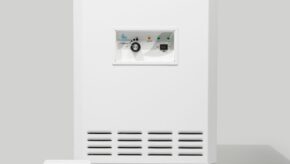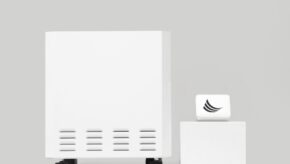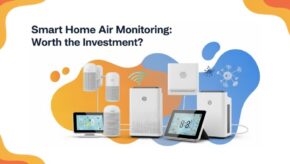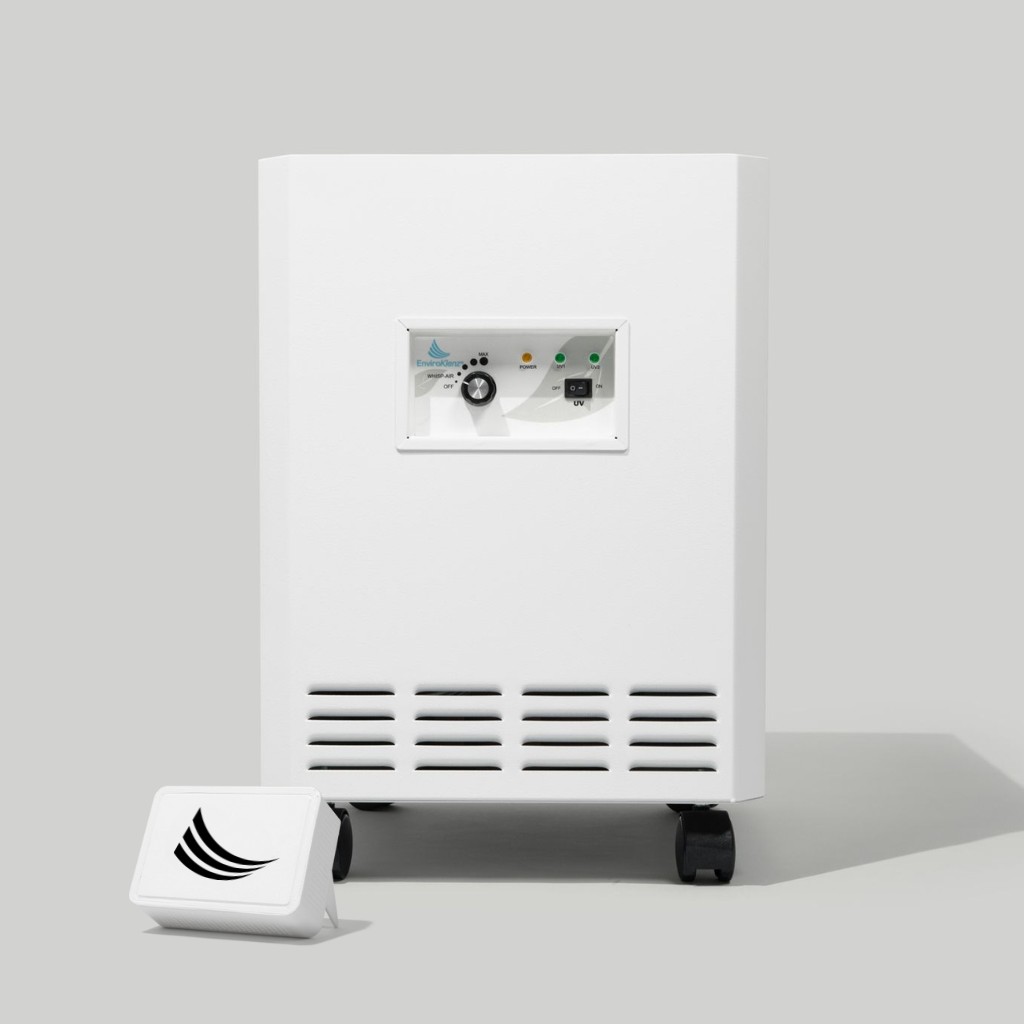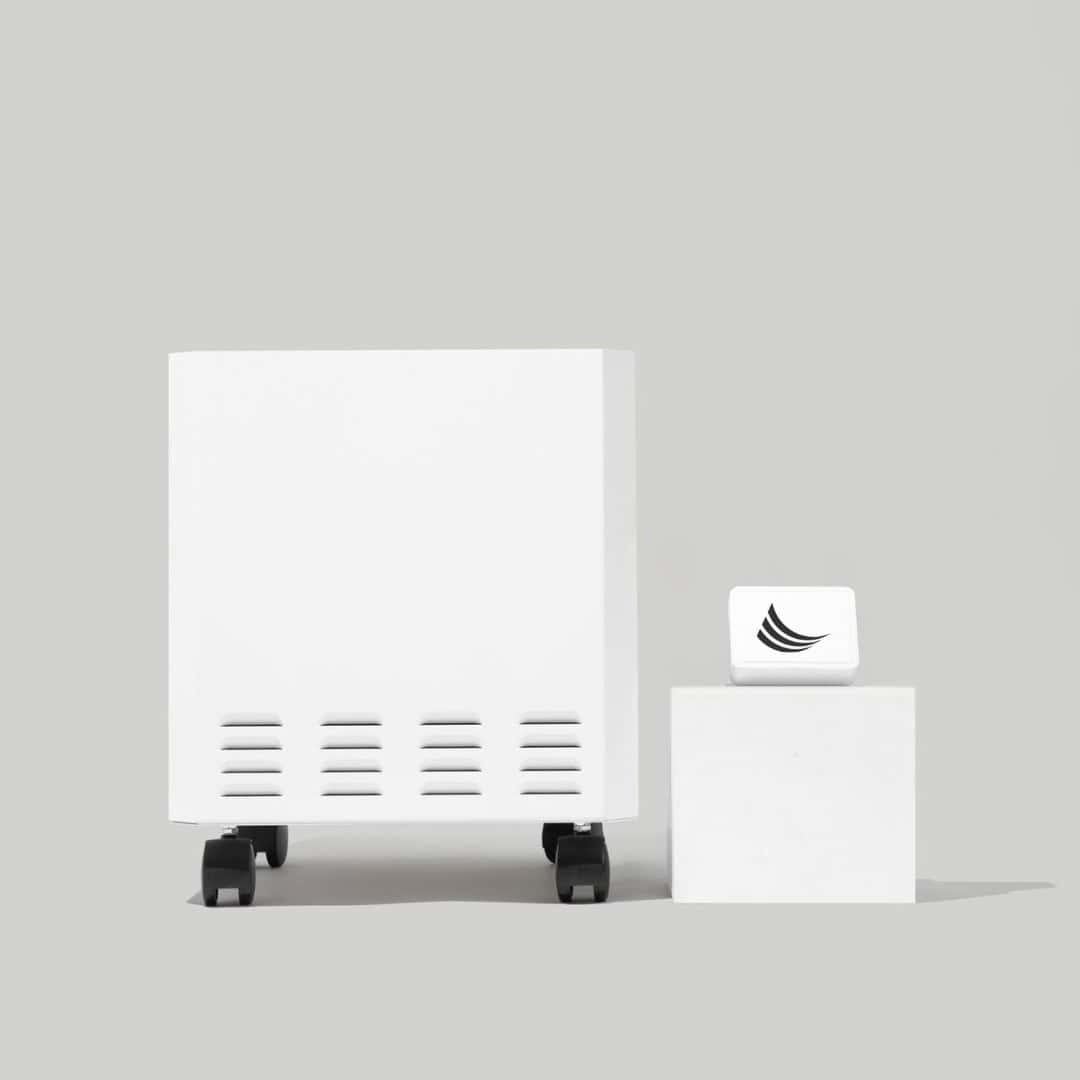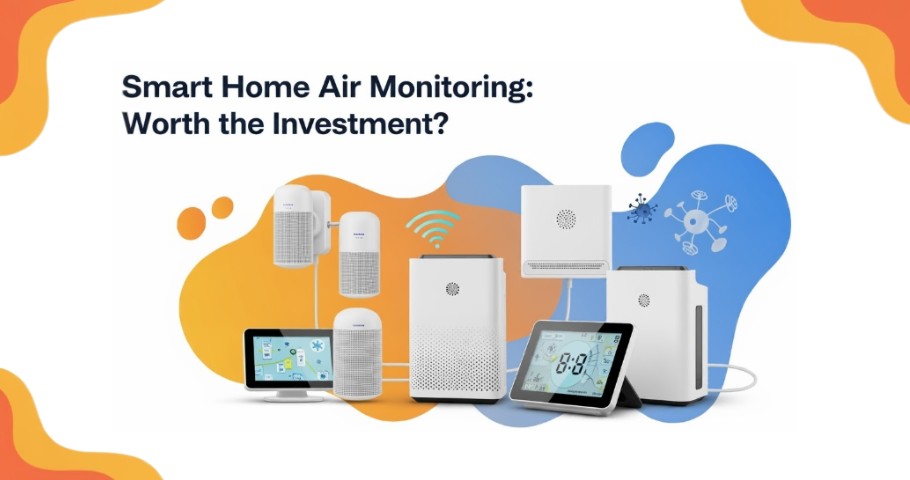HEPA filters are commonly used in both residential and commercial buildings. HEPA, or high-efficiency particulate air filters, include a pleated air filter that works mechanically to reduce pathogens and allergens in the air. HEPA filters are highly effective and remove over 99% of pollen, dust, mold, bacteria, and other airborne particles that interfere with indoor air quality in your home.
HEPA air filters are valuable because they provide one of the most efficient ways to maintain clean air in your home and only require periodic filter replacements to function well.
It’s important to follow the instructions for your HEPA filtration system to ensure you replace the filter with the correct size and dimensions for the best results.
What Are HEPA Filters?
HEPA filters are pleated in shape and provide a high grade of air filtration, which removes many unwanted particles and pollutants from the air. They are relatively easy to maintain and replace, and their specific type determines whether they capture larger or smaller particles between 0.3 and 10 microns.
The American Society of Heating, Refrigerating, and Air Conditioning Engineers, or ASHRAE, tests and rates how well a filter is at trapping specific types of particles.
This scale is known as the MERV rating system and is useful to understand when you purchase a HEPA air purification system and filters.
How Does a HEPA Filter Work?
Air purifiers with HEPA filters work differently than regular filters. The pleats in a HEPA filter are random in their arrangement so that they can effectively capture and remove a wide range of dust, pollen, and other particle sizes. When airborne pollutants pass through the HEPA filter, they undergo three stages: diffusion, interception, and impaction. These three steps are integral to removing the most harmful pollutants from your home.
The diffusion process is when small particles, like gas, tinier than 0.1 microns, collide when they attempt to pass the filter. This delays the process, which is where interception plays a key role in moving the air that carries these particles to stick within the fiber of the filter.
When larger air particles attach and embed into the fibers of the filter, this is known as interception. These three mechanisms, used together, make the HEPA filtration system highly effective and your home’s air free of most airborne pathogens.
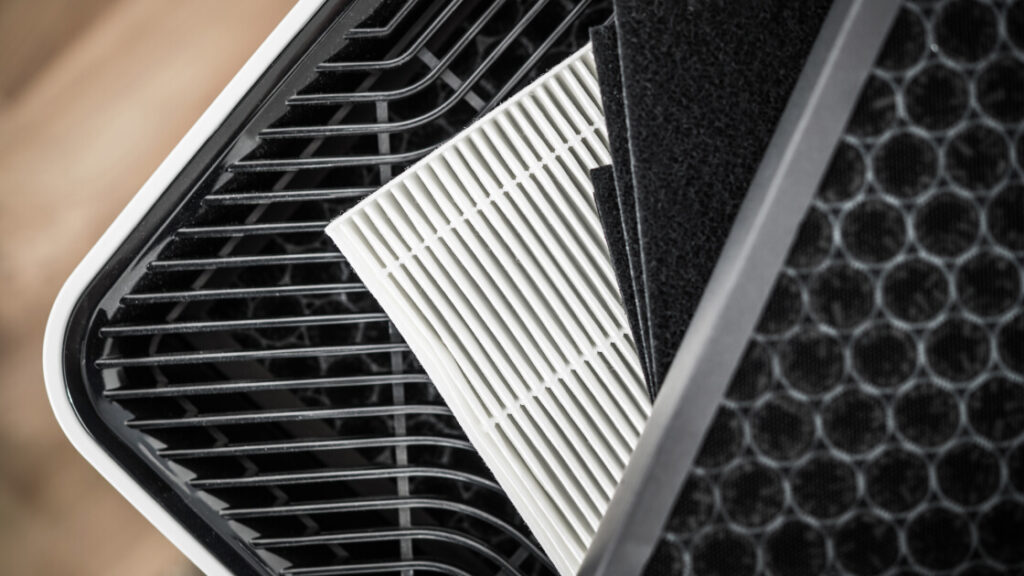
How Long Do HEPA Filters Last?
HEPA filters generally last between six and twelve months, which is based on several factors. These include the environment and how many particles are absorbed over time, the quality of filters, the air purification system, and the manufacturer.
It’s always important to read the manufacturer’s instructions to know when it’s best to clean or replace a HEPA air filter and maintain excellent air quality in your home. If you’re uncertain whether twelve months is too long to wait, or you want to be certain that your indoor air quality remains top-notch, changing your filters twice a year is a great way to keep your environment fresh and healthy.
Air Purifiers with HEPA Filters
Air purifiers with HEPA filters work efficiently to remove the smallest particles of pollen, dust mites, dander, and mold from your home. If you’ve encountered problems with mold or small airborne particles of dust or allergens in your home, this filtration system is one of the better options because it removes more impurities than carbon and other filter types.
While air purification systems are generally efficient, HEPA filters boost their ability to capture more unwanted fine pollutants, whether it’s wildfire smoke, pet dander, or other airborne particulates from inside or outside the home, for better air quality and an improved environment.
As air purification systems with HEPA filters are highly efficient, a larger strategy aimed at reducing pollutants by removing waste, smoke, and other causes of pollution in your home can also make a big difference.
Implementing a plan to improve your home’s air quality involves more than a high-quality filtration system by decreasing any contributing factors or daily habits and activities that can lead to toxins and pathogens that cause illness and allergic reactions, such as using fragrance air fresheners or smoking indoors.
Further, HEPA air purifiers are highly efficient at fine particulate and pathogen removal, but they do have some limitations that can keep your space from being truly clean.
HEPA filters unfortunately don’t stand a chance against odors and chemicals, which can cause serious discomfort and health risks in prolonged exposure.
Air purifiers like the EnviroKlenz Air System not only use HEPA filters, but also utilize advanced neutralization technology made from earth minerals to capture and neutralize toxic chemicals and chemical odors for good, without re-releasing or creating harmful byproducts.
HEPA Air Filter Benefits
HEPA air filters can provide many advantages to your health and home, including the following:
- They soothe allergies and alleviate the symptoms of respiratory illnesses, including asthma, bronchitis, and other conditions.
- They remove allergens from your environment, which helps reduce the likelihood of infections and the spread of illness, including colds and other highly contagious viruses.
- If there is smoking in or near your home, air purifiers and HEPA filters greatly remove all or most of its adverse effects from your living space, like its subsequent particulate matter.
- They are easily accessible and adaptable to many living and working spaces.
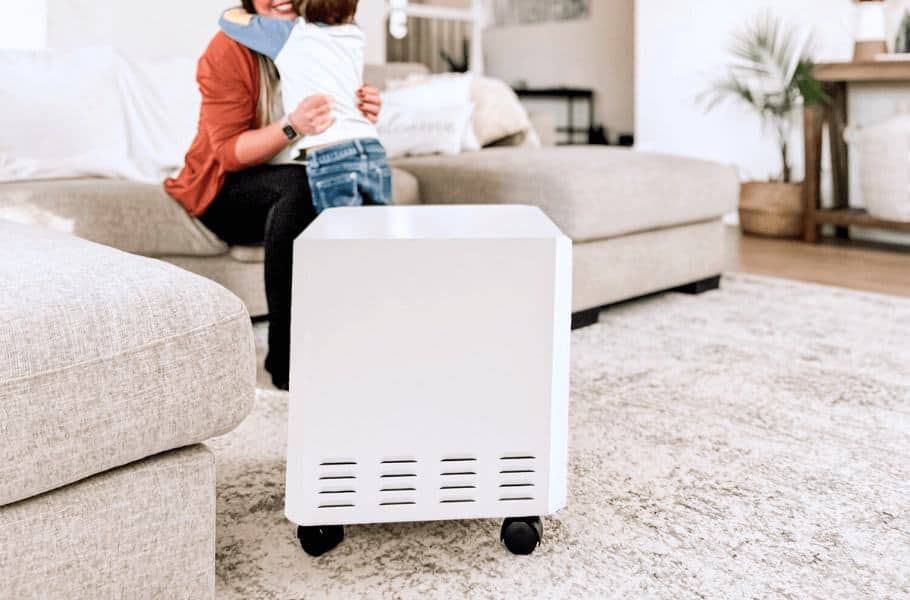
Do HEPA Filters Remove Mold?
Mold is commonly found in many homes and can cause many health and safety concerns. HEPA filters effectively remove mold spores and similar microscopic particles that can impact your home.
Air purifiers with HEPA filters are your best defense against harmful mold while improving the quality of your home and air quality.
While other filters may increase the quality of your home’s environment, HEPA filters are most effective in ridding your space of harmful mold spores and odors.
Conclusion
HEPA filters are a great investment for your home’s air quality. They offer excellent protection against harmful pollutants that can easily build up in your home over time.
When you choose a HEPA filter system, it’s important to select an option that’s most effective for your home or office based on the size, air quality, and when you need to clean or change filters.
Going for HEPA filters is one of the best ways to ensure the best air quality for your home, in conjunction with an overall strategy to minimize waste, smoke, and other offending agents that may contribute to adverse health effects.
When you work towards reducing the amount of pollutants in your home and minimizing their effects on your health, an air purification system with HEPA filters can remove nearly all the remaining pathogens from your home, leaving you with a calm, relaxing, and clean place.
